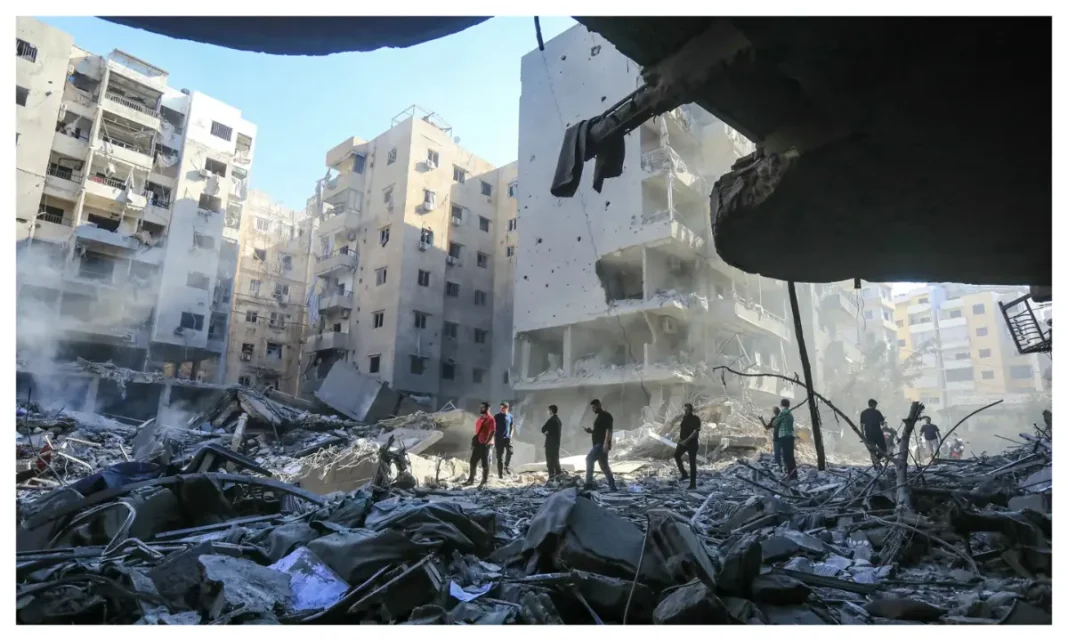The Israeli drone strike that reportedly killed Hussein Atawi in Beirut marks a significant escalation, especially considering it took place in the heart of the Lebanese capital. Striking a senior figure of Jama’a Islamiya—particularly one linked to its Fajr Forces—suggests Israel sees the group as an ongoing security threat even after last year’s ceasefire.
For context, Jama’a Islamiya is a Sunni Islamist group in Lebanon with historical ties to the Muslim Brotherhood. While it has a political wing, its armed wing—the Fajr Forces—has been involved in cross-border attacks against Israel, especially during past conflicts. The group is not officially designated as a terrorist organization by the United States, the European Union, or the United Nations, but it is viewed by Israel as a hostile militant group.
This strike also points to how volatile the post-ceasefire period remains, especially with Israeli operations continuing beyond Hezbollah targets to include other Islamist factions like Jama’a Islamiya. Beirut being hit directly is a big deal—it’s likely to increase tensions significantly.

